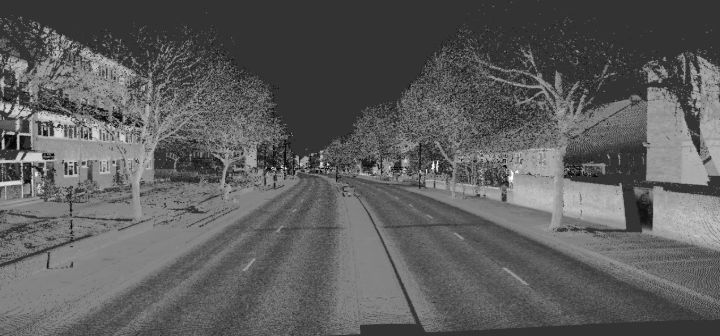London’s Smart Mobility Living Lab (SMLL) has partnered with UK-based driving simulation company rFpro to develop a digital twin of its urban testbed for connected and autonomous vehicles (CAVs).
As previously reported by CiTTi, the London testbed includes virtual simulation for test situations not suitable for real-world conditions. A digital twin, which harnesses real-world data such as pedestrian and cyclist behaviour, can be built into a realistic virtual world for CAVs to be trialled.
According to rFpro, its advanced digital twin will develop the fidelity of the simulated environment, with enhanced features such as a vehicle dynamics grade road surface, accurate material definitions and increased accuracy virtual sensor models.
Matt Daly, rFpro’s managing director, said: “Digital twins help vehicle manufacturers to significantly accelerate the development of CAVs, saving time and cost, because virtual testing is so much more productive than physical testing.
“Testing in a virtual environment is the only cost-effective way to introduce self-learning systems to the limitless number of scenarios that can occur in the real world. Most AI systems learn by experience, but training using only real-road data is too slow.”
The SMLL is delivered by TRL and, according to its academy director, Richard Cuerden, the use of simulated scenarios featuring real-world incident data will enable the SMLL to support the full testing cycle. TRL said simulation testing includes not only the vehicle’s reaction to the physical road layout and surface but also scenarios generated from interactions with pedestrians, buses, cyclists and other traffic.
“Simulation is a critical part of the vehicle development process and is key to getting CAVs on to our roads safely,” Cuerden explained. “The SMLL is already the world’s most advanced urban test facility for CAVs but we believe the addition of rFpro’s advanced digital twin will offer significant additional value to our customers.”





